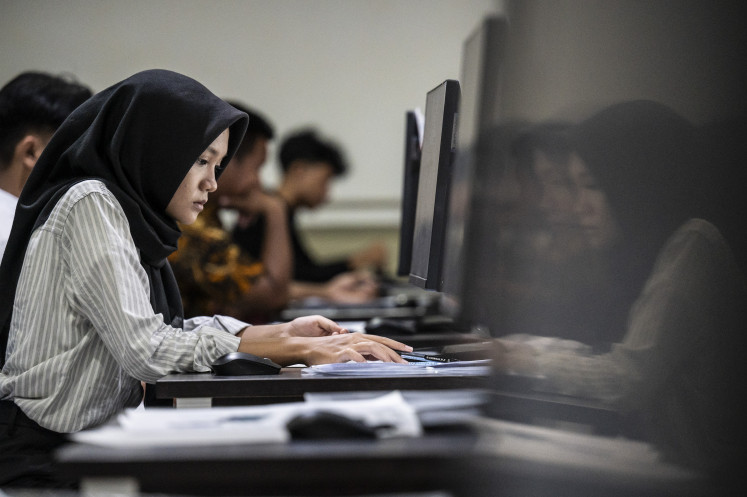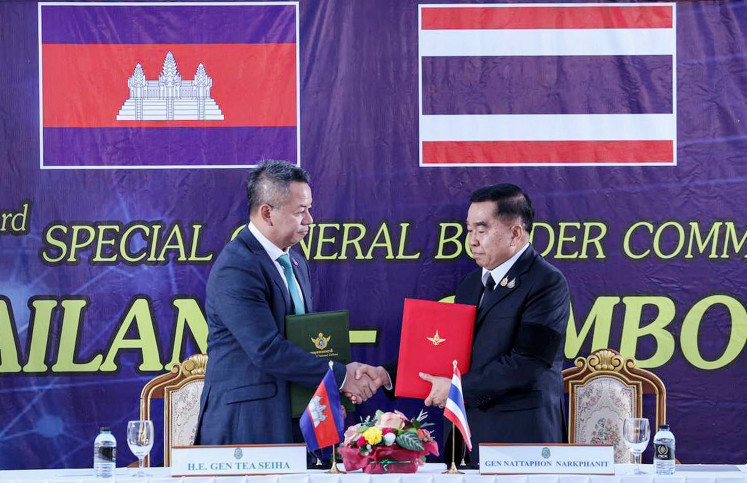Popular Reads
Top Results
Can't find what you're looking for?
View all search resultsPopular Reads
Top Results
Can't find what you're looking for?
View all search resultsShaping consumption in ASEAN
43 percent of Indonesian respondents said they were optimistic about their country’s economy.
Change text size
Gift Premium Articles
to Anyone
A
SEAN countries have experienced two decades of robust economic growth, which has successfully lifted millions out of poverty and created an urban middle class with newfound spending power. The region’s booming cities already account for more than 65 percent of ASEAN’s gross domestic product and will add an additional 90 million people by 2030.
Rapid urbanization will propel the continued growth of the “consuming class,” which will double to 163 million households by 2030. Income gains are expected to spur a dramatic rise in demand for a wide range of goods and services. Finally, a fast-growing segment of elderly customers and pockets of large young populations will make up the coming wave of consumers in ASEAN.
Within this context, we wanted to see what impact, if any, these trends are having on consumers’ preferences and behaviors, particularly with Thailand and Indonesia — two of the largest markets in the region — starting to show signs of slowing economic growth.
Our recent survey of 1,000 consumers in both Thailand and Indonesia found that consumers are indeed worried about their financial prospects and being cautious with their spending. The Thailand and Indonesia surveys were part of a global research effort fielded in September 2015 and again in September 2016. This involved more than 25,000 respondents in 25 countries accounting for 70 percent of the world’s population.
General sentiment about the economy is improving; for example, 43 percent of Indonesian respondents said they were optimistic about their country’s economy, a 3 percentage-point jump compared with 2015. This is much higher than the global average.
On the other hand, only 21 percent of Thai respondents said they were optimistic about their country’s economy, reflecting a 2 percentage-point increase. The subdued response suggests consumers do not feel financially secure, with 62 percent of respondents in both countries saying they were somewhat or very worried about losing their jobs
Consumers are being cautious as a result. Half of our respondents in Thailand said they had either cut back on spending or delayed making purchases. In Indonesia, 33 percent said they had cut back spending and 46 percent had delayed purchases.


















